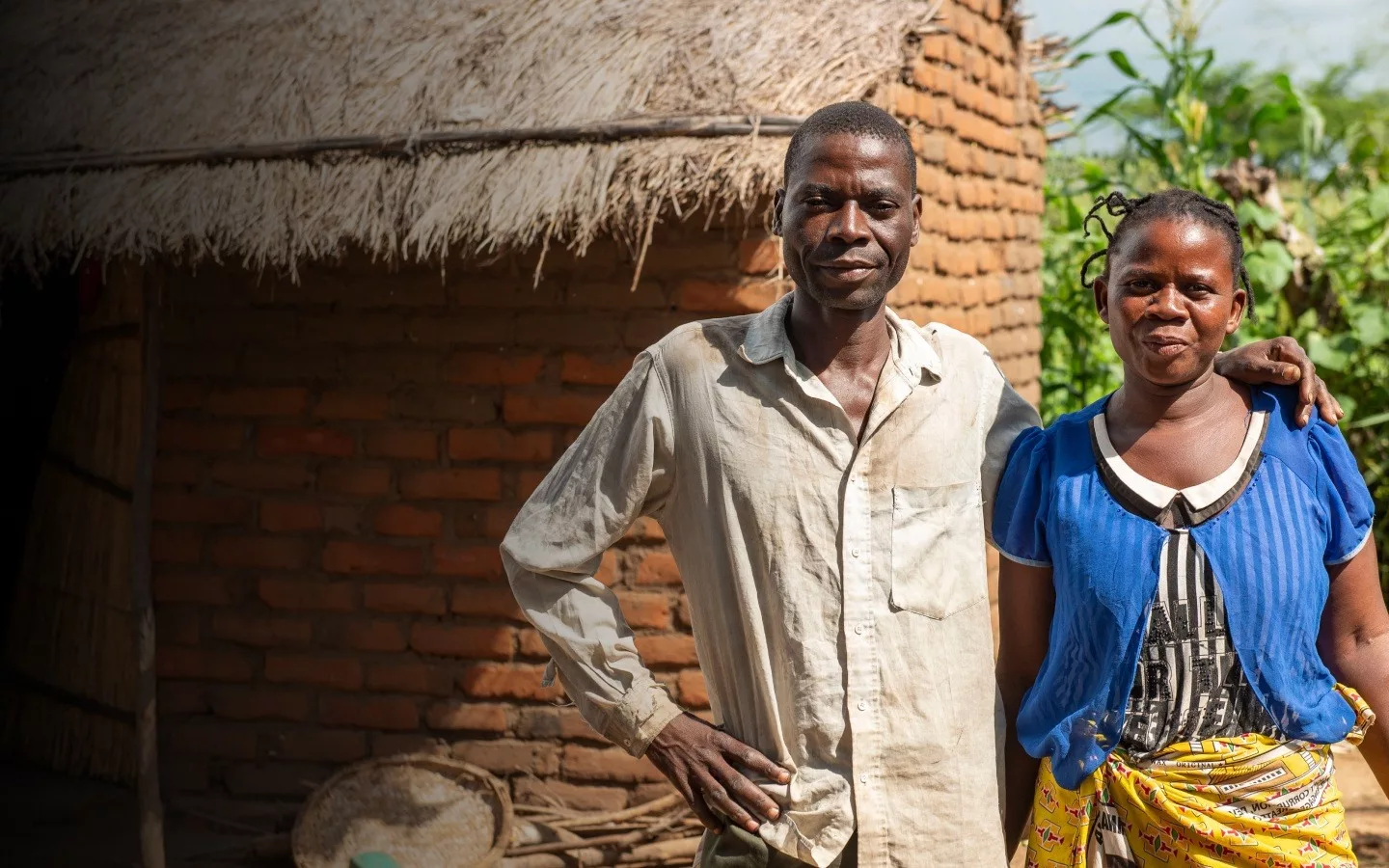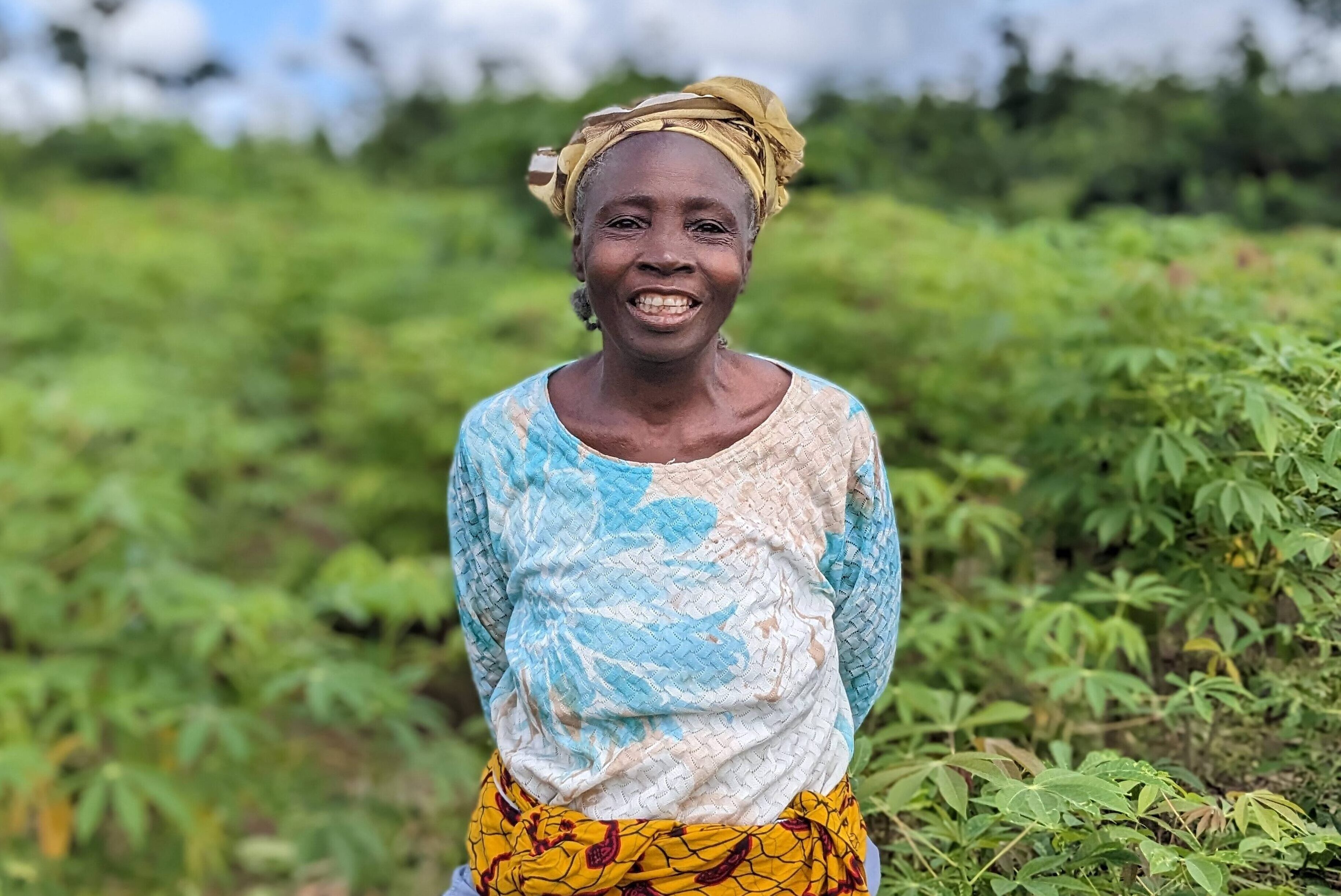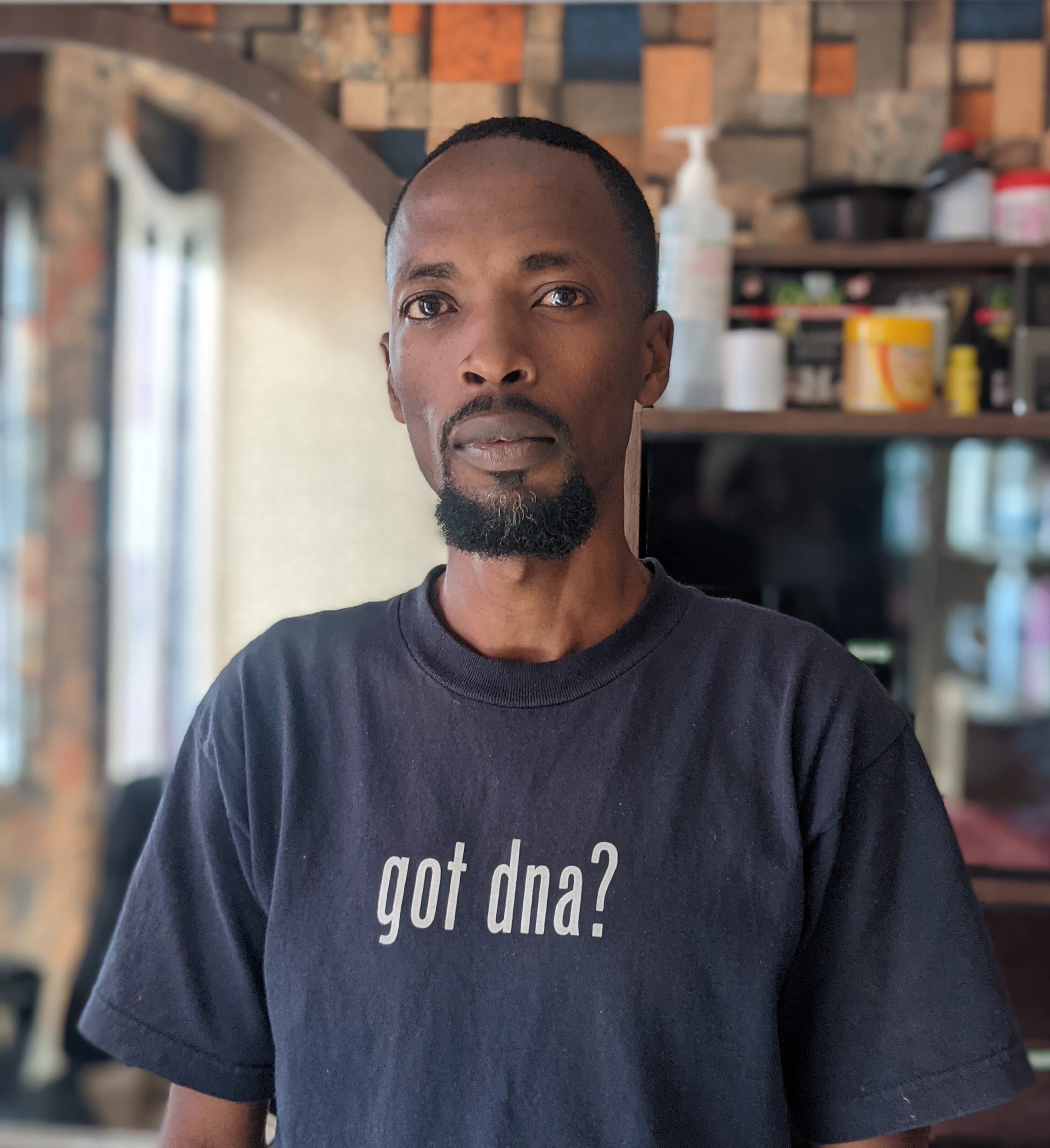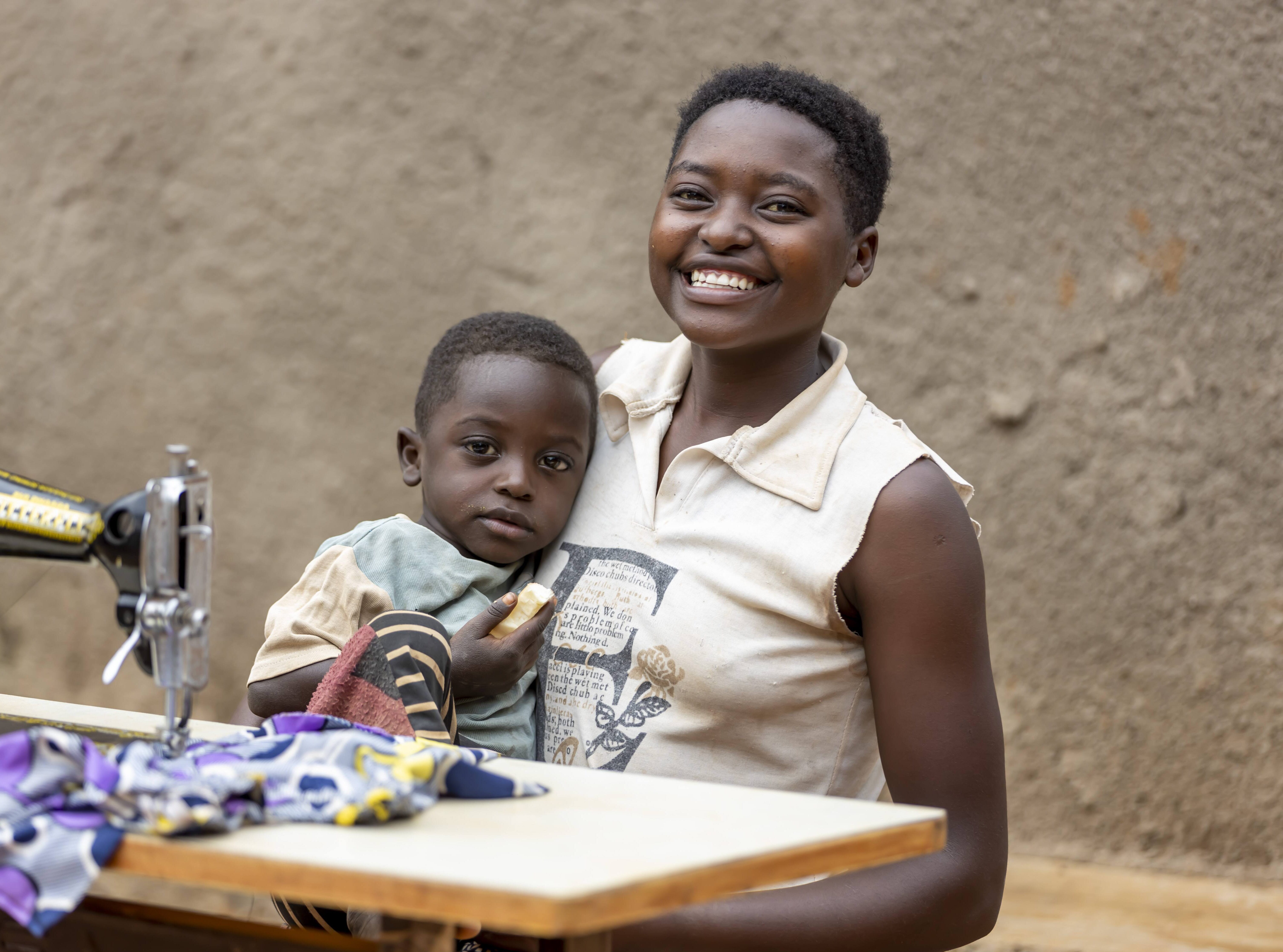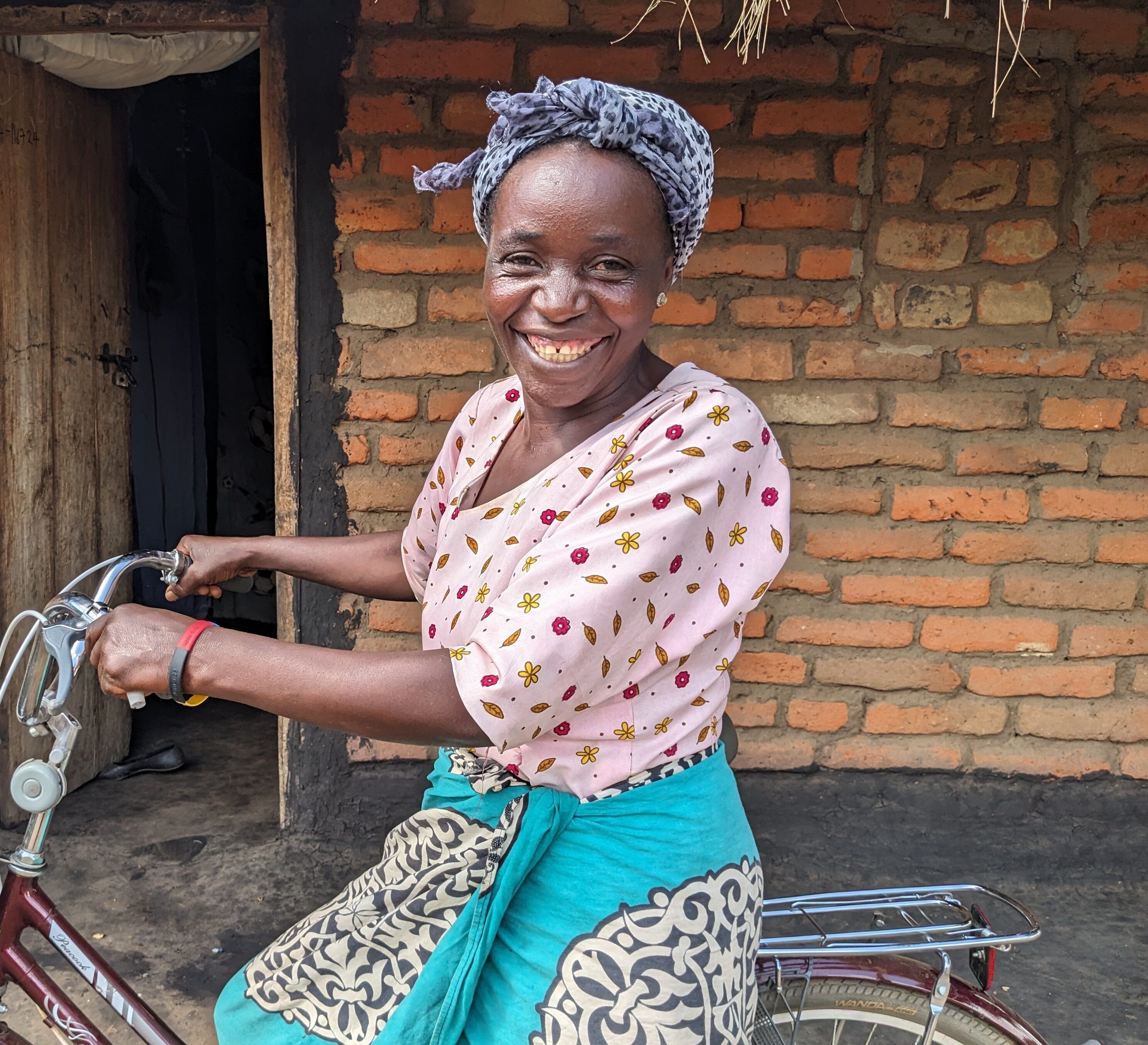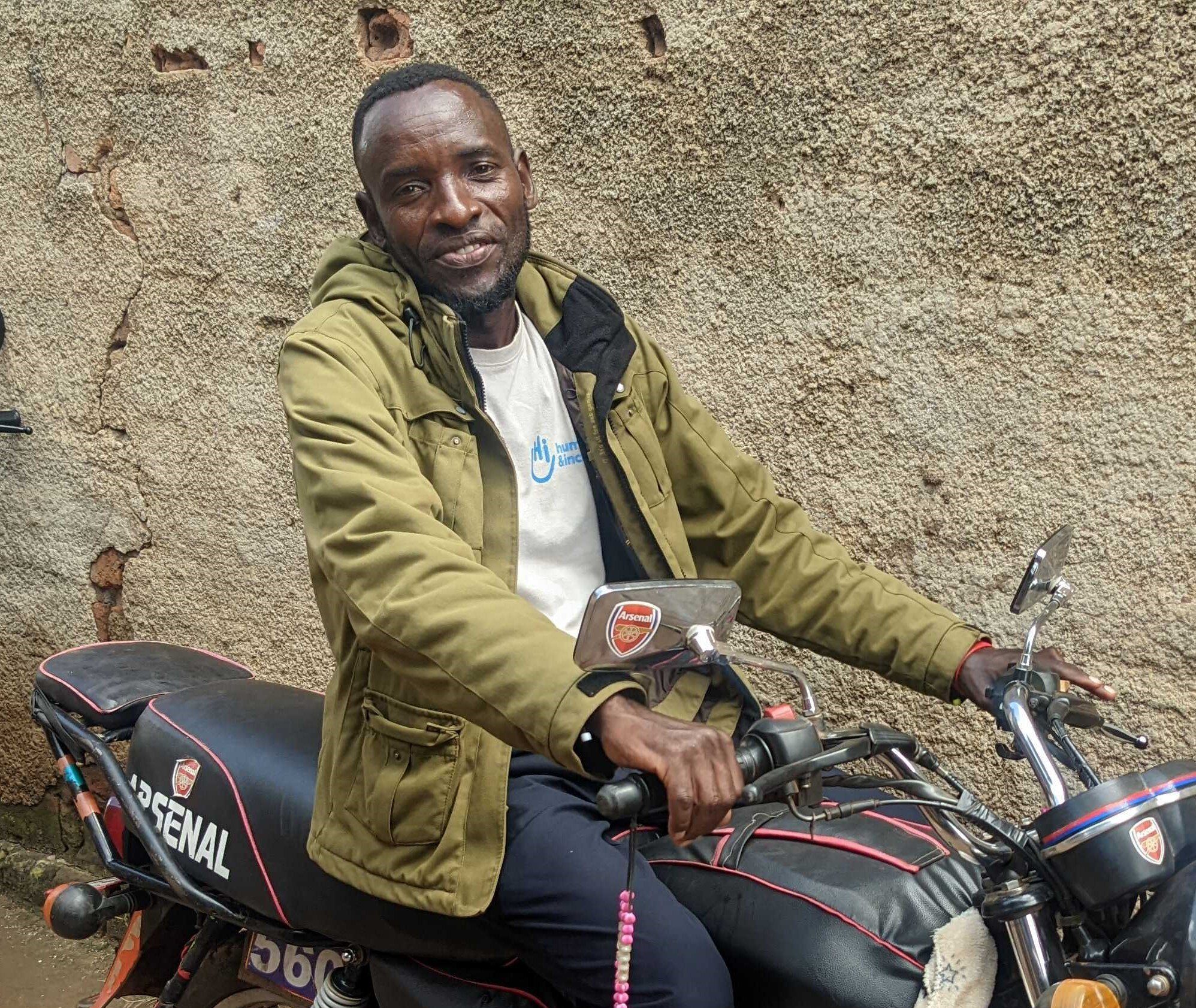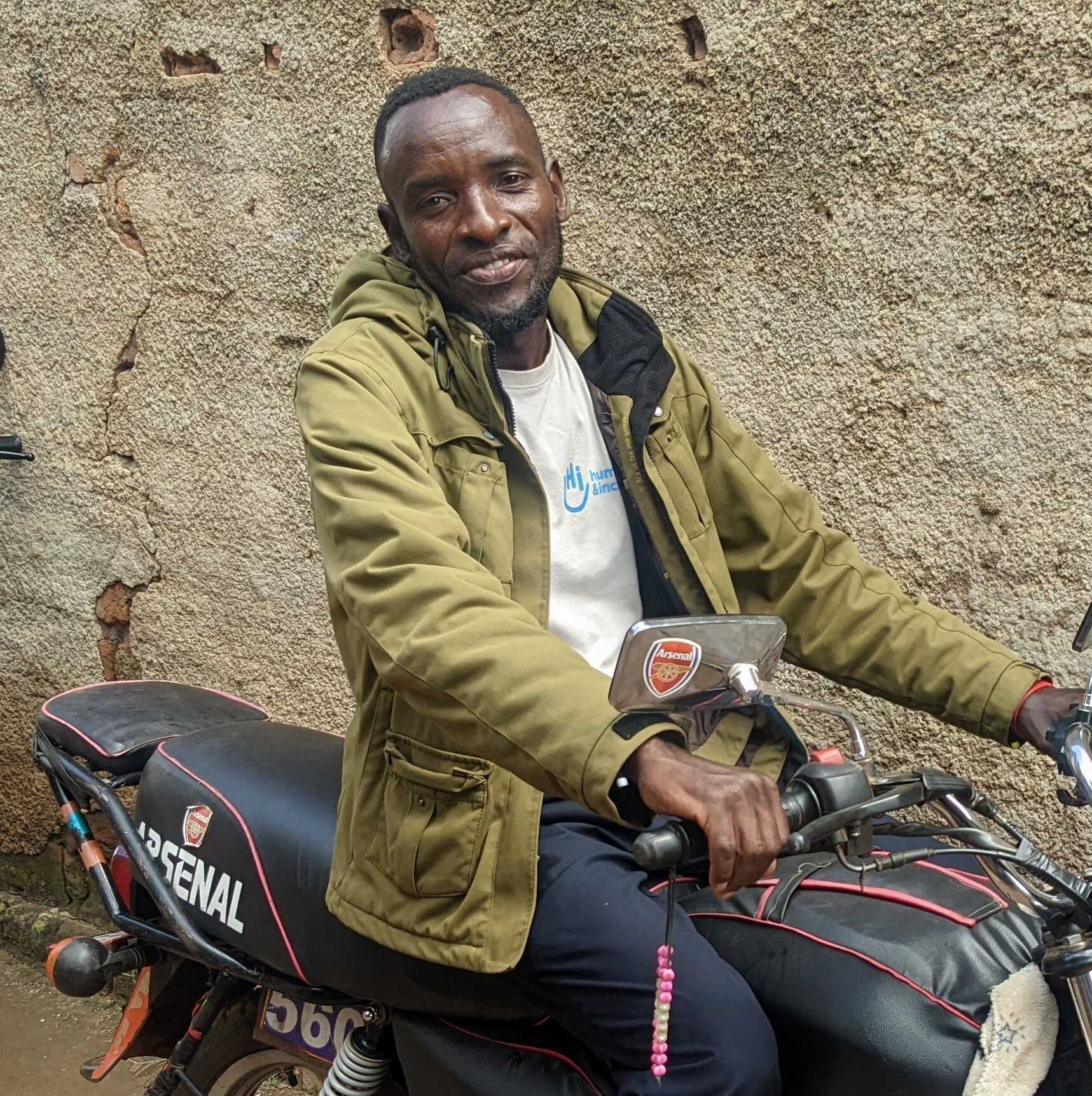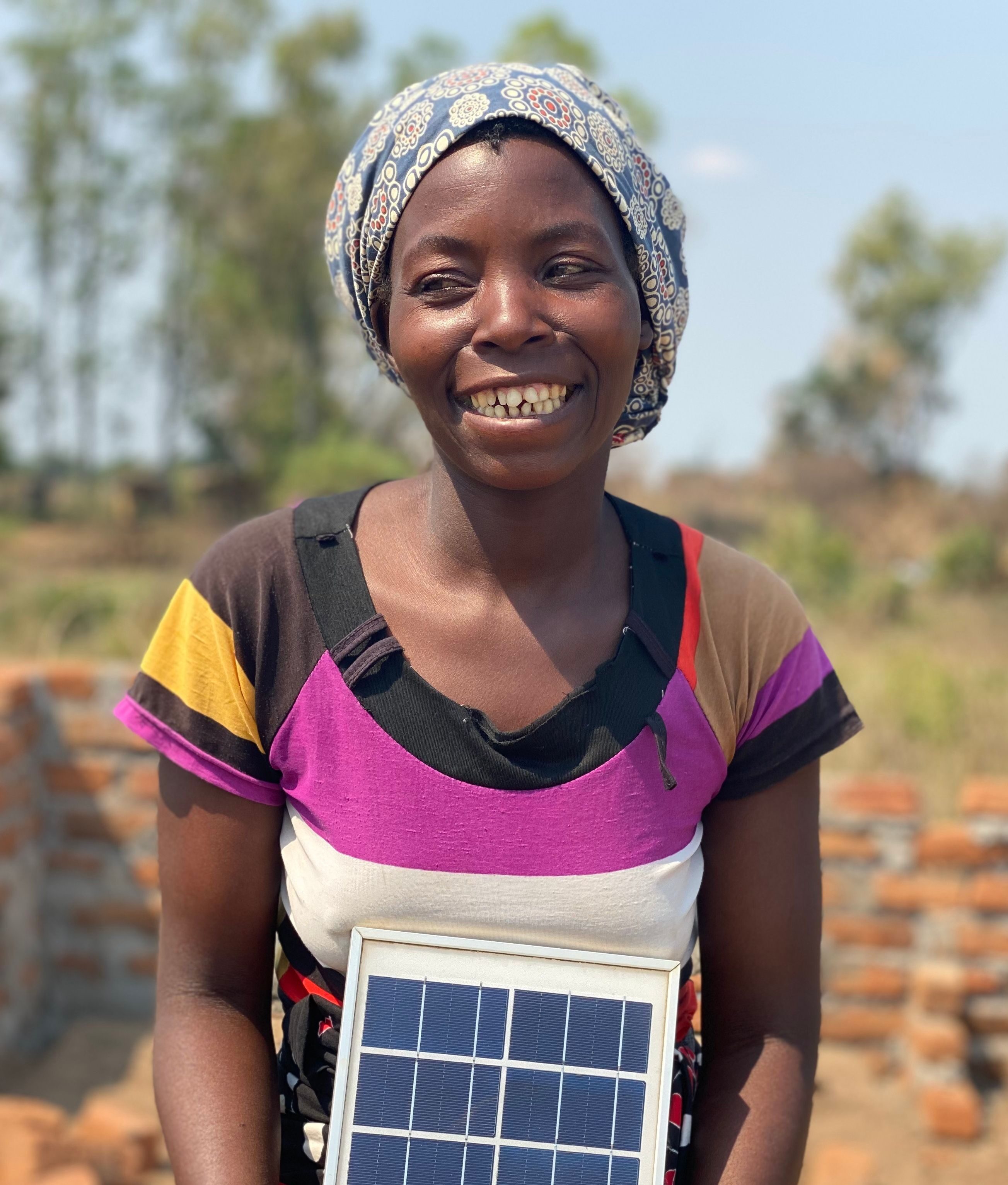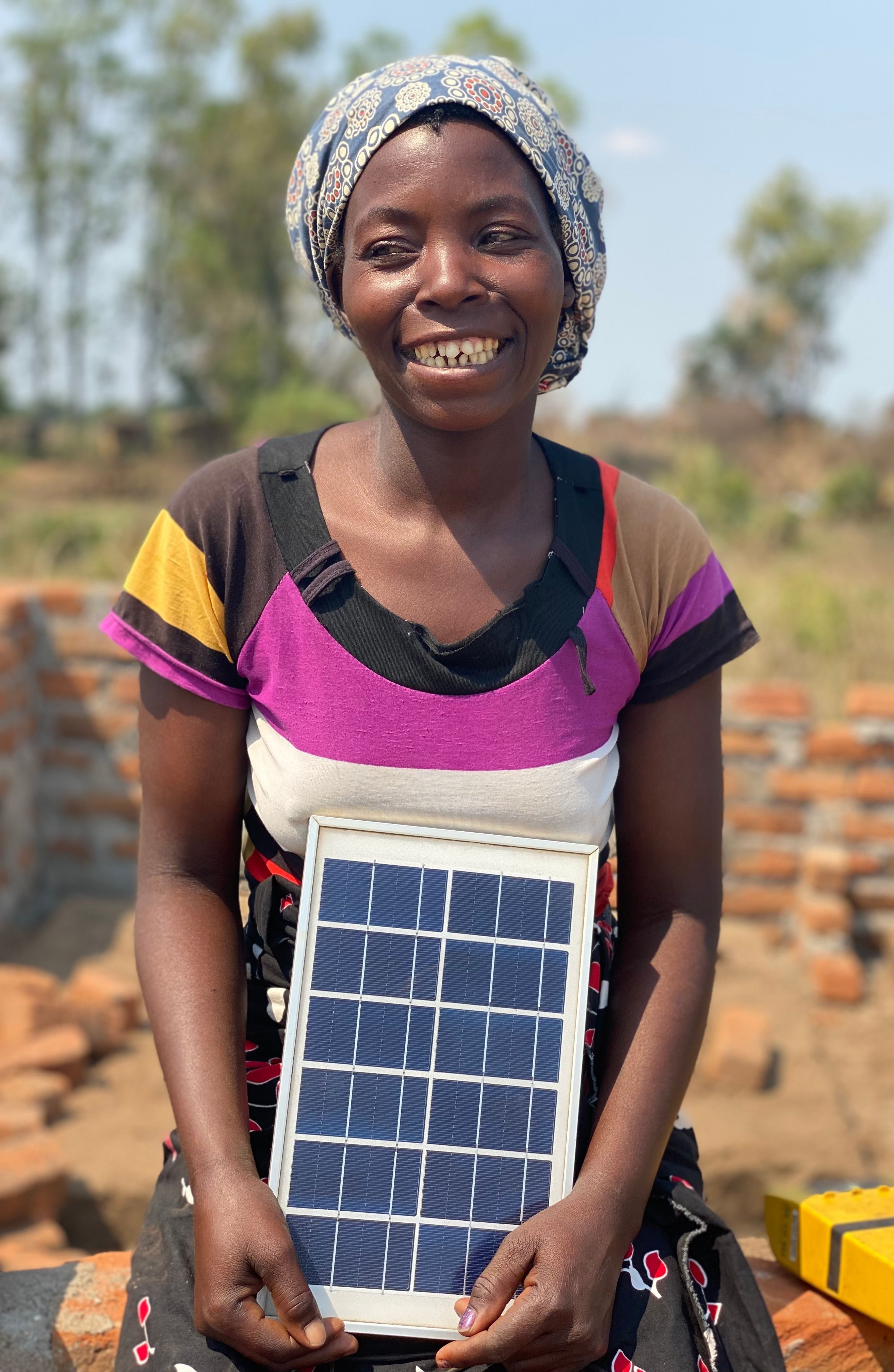Trusted by top reviewers, funders, and researchers









Giving cash is
1.5 million people reached
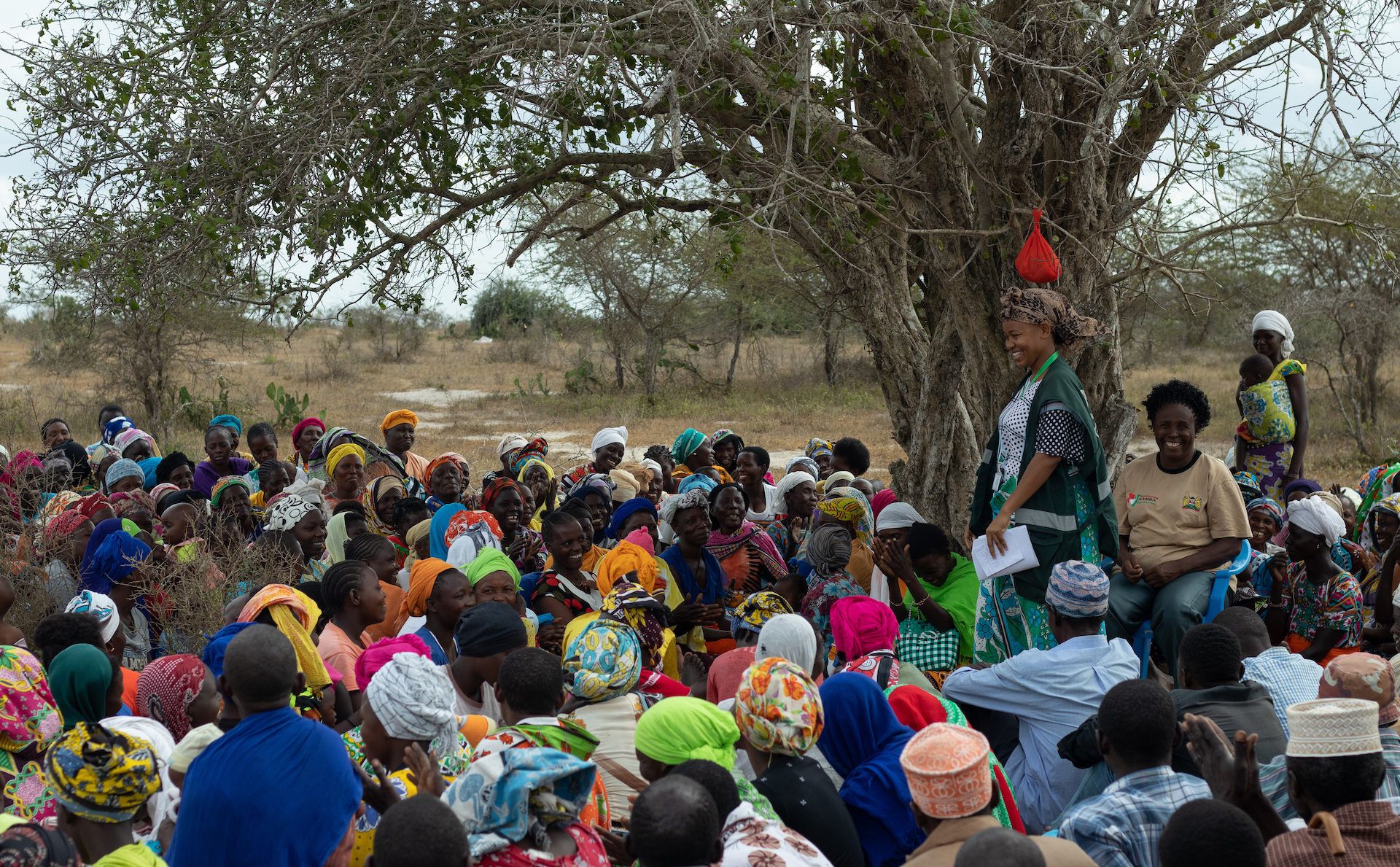
Support programs that meet local needs at a global scale

Explore highlights from the field
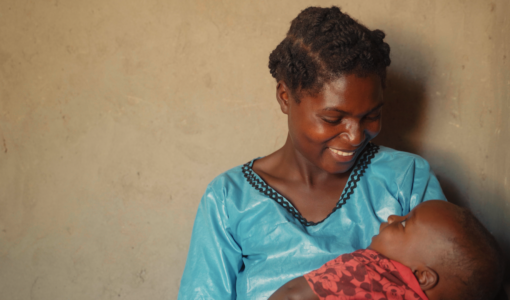
Study: Giving cash to mothers cut infant deaths in half
A randomized study in Kenya found that giving families a $1,000 GiveDirectly cash transfer cut infant deaths by 48%, and now GiveDirectly is launching a new program with a Kenyan community health provider to deliver cash to more expectant mothers and maximize these life-saving impacts.
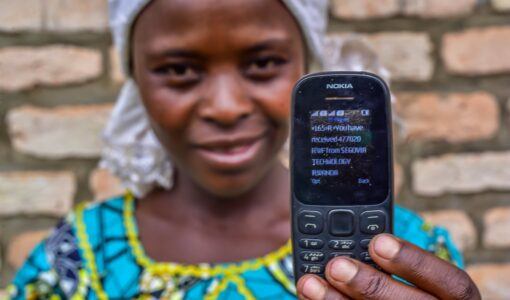
Switching to more cash aid would help millions in 2025
Maximizing the portion of humanitarian aid given as cash from 20% to 50% could mean directly helping ~2.7 million more people this year without spending more.
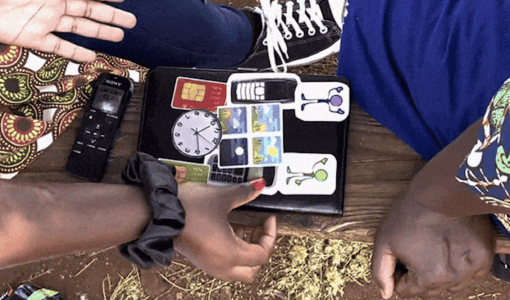
Explain AI/ML systems to people in poverty using real-world scenarios
GiveDirectly collaborated with researchers and local teams to refine how we explain our AI-driven payment system, finding that scenario-based examples resonate best with recipients.
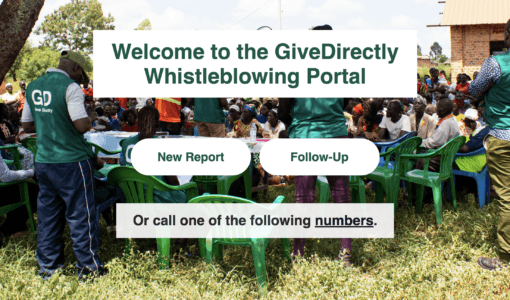
How GiveDirectly prevents, addresses, and reports risks
GiveDirectly publishes an annual report on fraud, harm, and safety incidents, reflecting our increased investment in safeguarding and commitment to transparency.
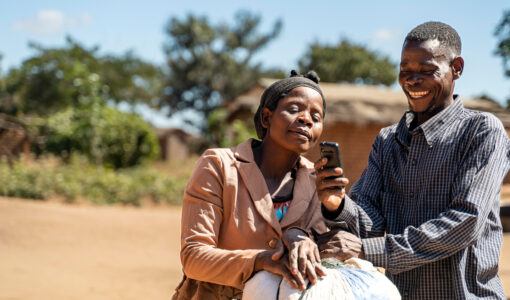
More people in poverty get cash when we work with governments
GiveDirectly is partnering with the governments of Malawi and Rwanda to run cash transfer programs integrated with both countries’ wider development plans, creating a path to accelerating the end of extreme poverty.
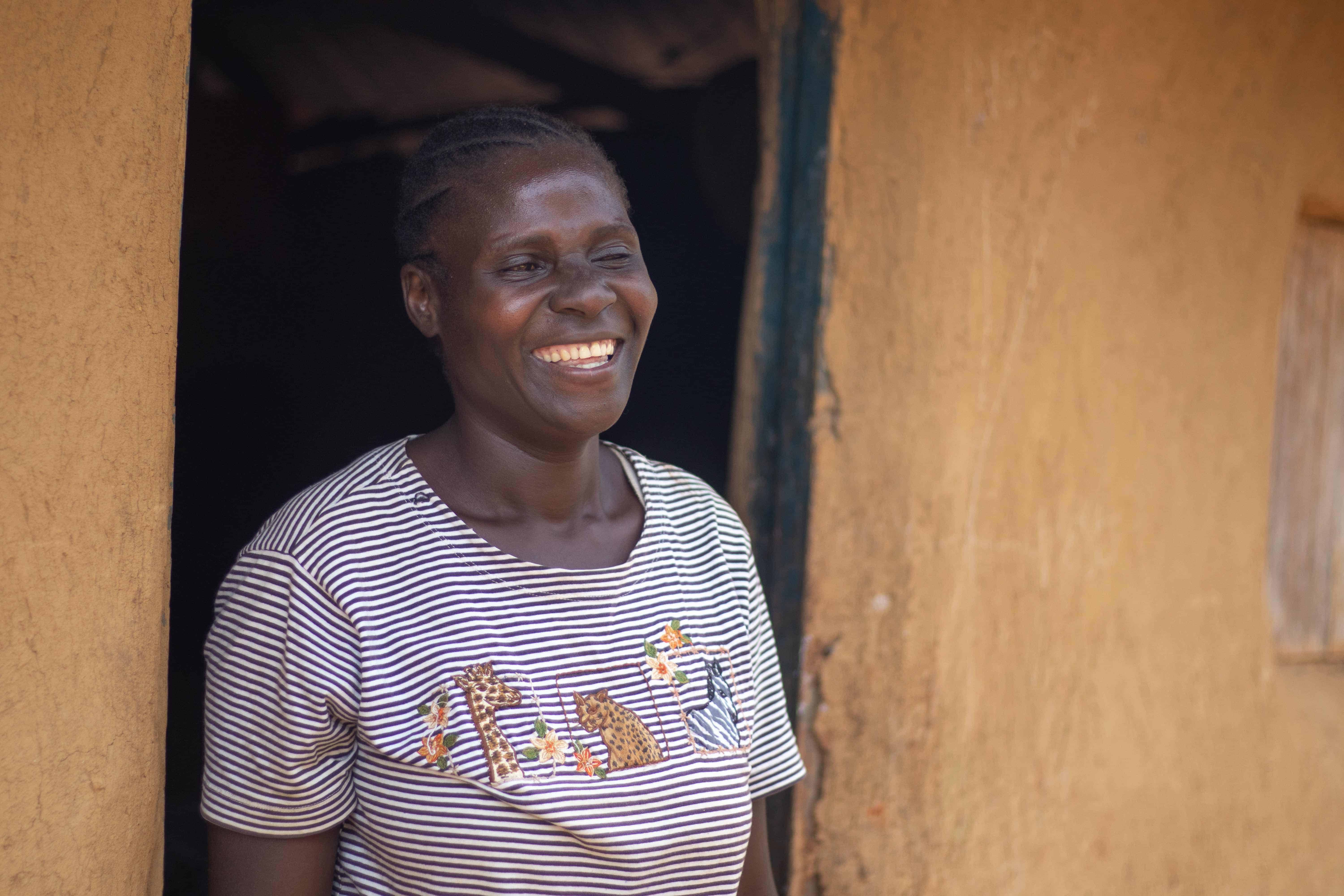
Early findings from the world’s largest UBI study
We worked with researchers to compare the impacts of a short-term UBI vs. long-term UBI vs. lump sum transfer. These results look at just the first two years, when all three groups had received roughly the same amount of money.
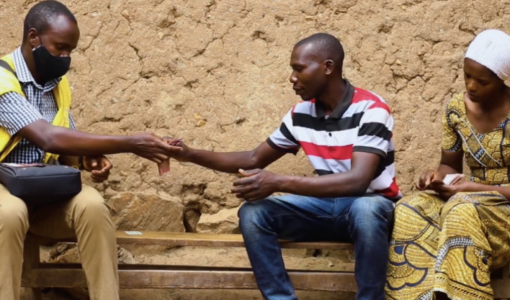
The power of getting a mobile phone
16% of Africans do not live within reach of a mobile network, with the biggest gaps in the poorest regions due to a lack of demand. Our project reaching 15K families in Kiryandongo, Uganda motivated two telcos to extend coverage and mobile money agents to the area…
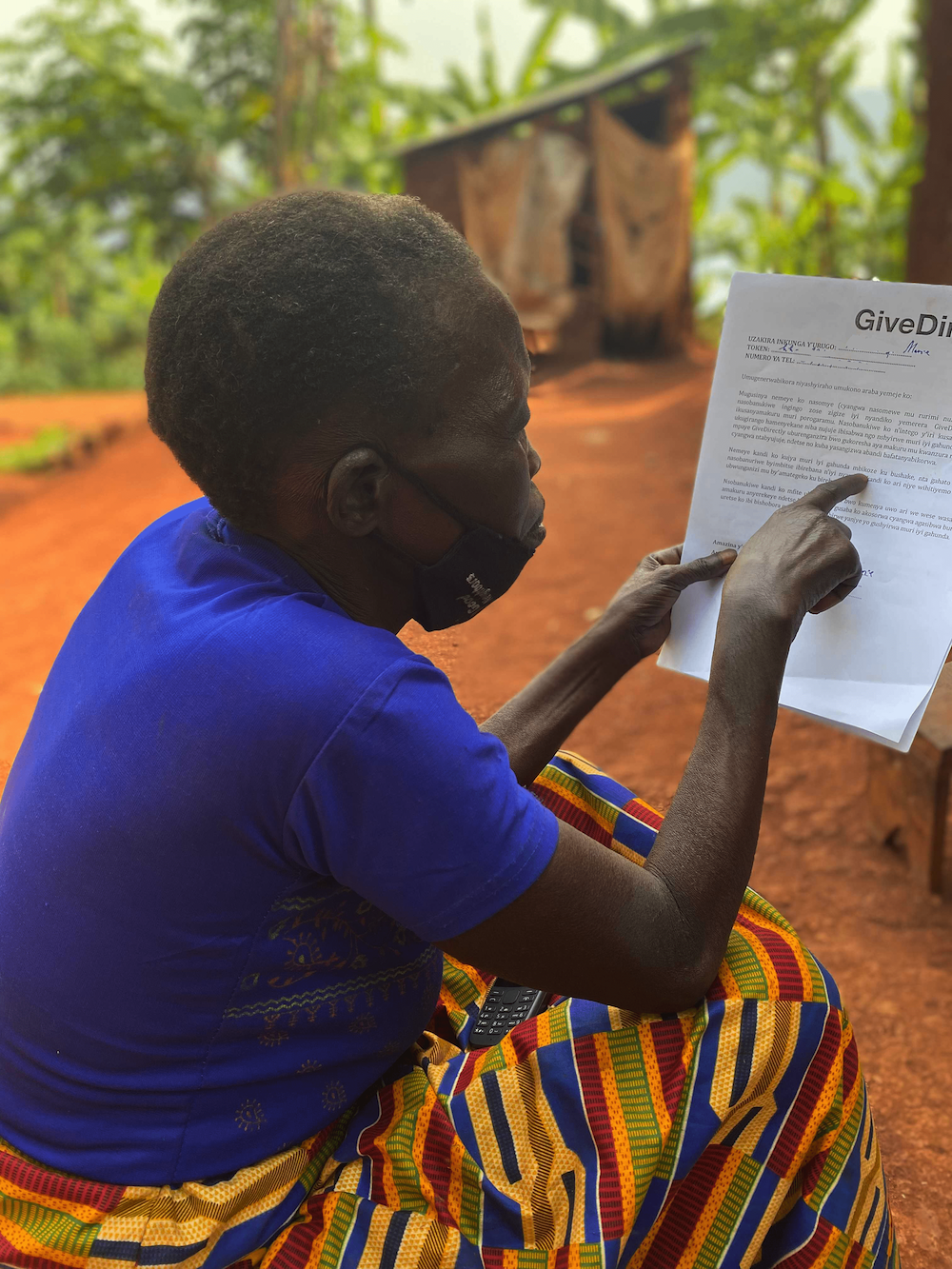
Sharing stories of poverty but not ‘poverty porn’
People in poverty are often documented without their consent. GiveDirectly only documents recipients with their formal consent, or in the case of minors, both their and their parents’ consent. They opt to sign a plain-language form translated into local languages…
